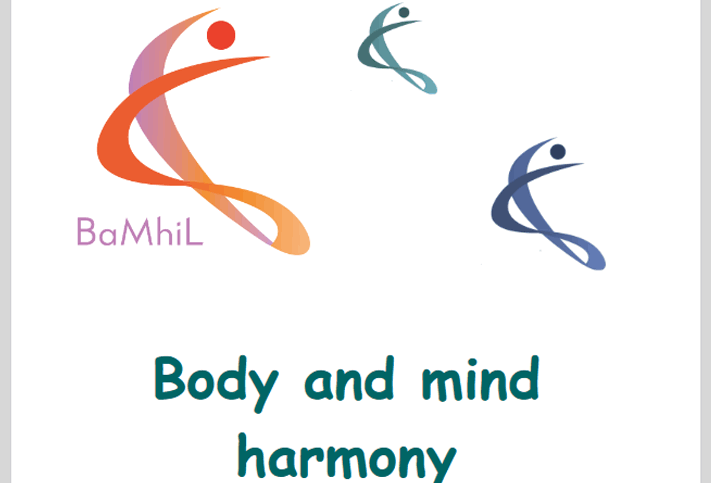
| Short descriptor of good practice |
| The main project goal was to increase quality in the work and practices of the partner organizations by exchanging and developing ideas on implementing more mind and body balance in adult education in later life. Project was finding new ways to combine physical and intellectual elements, in various forms of adult education, and to increase the educational dimension of the body-related activities, performed in partner organizations. The goal was also to encourage learners to introduce more conscious movements and body awareness into their everyday lives. A very important element of the project was increasing the awareness of educators, trainers and learners of the role and value of mind and body harmony. |
| Type of setting where good practice is delivered |
| Non-formal, NGO, University, independent organization |
| Time Frame for delivery of good practice |
| Practicing is focused on everyday activities. |
| Type of learner the best practice is supporting |
| Adults, seniors, teaches, trainers. |
| Resources used as part of good practice |
| Project Booklet: https://ec.europa.eu/programmes/erasmus-plus/project-result-content/59d24308-e032-4cfe-a2d7-64d5f3008534/BaMhil_project_booklet.pdf Project video: https://youtu.be/oiBnE5bkHrE Practicing videos: https://youtu.be/3uIp6SSjpdA https://youtu.be/zYVTuxFP53s https://youtu.be/hDwzJ2YjEqI |
| Aims and objectives of good practice |
| The specific project objectives are: 1. Increased knowledge, experience and creativity of educators in partner organization; 2. Enriched and extended an offer of activities for older learners in partner organizations; 3. Increased awareness of educators and older learners on the role and value mind and body balance; 4. Increased staff and learners digital competences; 5. Increased capacity of the partner organizations to work transnationally; 6. The project booklet. |
| Evidence as to why this was considered good practice |
| It was selected as a good practice example in Erasmus Plus website. https://erasmus-plus.ec.europa.eu/projects/search/details/2021-1-PL01-KA210-ADU-000034941 |
| 3 Key learning Principles that were used in this good practice to support senior learners |
| 1. Practical skills development 2. Collaboration 3. Active Engagement |
| Any additional learning that we can take from this good practice example |
| The project focuses on providing a valuable training tool for practitioners working with vulnerable individuals. This highlights the principle of practical skill development, emphasizing the need for professionals to acquire specific, applicable skills that can be directly used in their work. Training that is closely aligned with real-world scenarios enhances the ability of professionals to effectively support individuals in their personal recovery journeys. |
| Any Additional Information |
| / |
